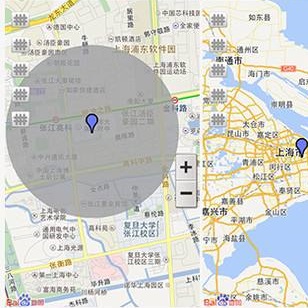The knowledge that an intelligent and autonomous mobile robot has and is able to acquire of itself and the environment, namely the situation, limits its reasoning, decision-making, and execution skills to efficiently and safely perform complex missions. Situational awareness is a basic capability of humans that has been deeply studied in fields like Psychology, Military, Aerospace, Education, etc., but it has barely been considered in robotics, which has focused on ideas such as sensing, perception, sensor fusion, state estimation, localization and mapping, spatial AI, etc. In our research, we connected the broad multidisciplinary existing knowledge on situational awareness with its counterpart in mobile robotics. In this paper, we survey the state-of-the-art robotics algorithms, we analyze the situational awareness aspects that have been covered by them, and we discuss their missing points. We found out that the existing robotics algorithms are still missing manifold important aspects of situational awareness. As a consequence, we conclude that these missing features are limiting the performance of robotic situational awareness, and further research is needed to overcome this challenge. We see this as an opportunity, and provide our vision for future research on robotic situational awareness.
翻译:一个智能和自主的移动机器人拥有并且能够获取自身和环境的知识,即情况、限制其推理、决策和执行技能,以高效和安全地执行复杂任务。情况意识是人类的基本能力,在心理学、军事、航空、航空、教育等领域已经深入研究过,但在机器人中却很少考虑到这种能力,机器人侧重于感知、感知、感知聚合、国家估计、地方化和绘图、空间AI等思想。在我们的研究中,我们把关于情况认识的广泛多学科现有知识与移动机器人的对应知识联系起来。我们本文将这一知识视为一个机会,我们分析了最新机器人算法,我们分析了他们所覆盖的情况意识方面,并讨论了他们缺失的要点。我们发现,现有的机器人算法仍然缺乏对情况认识的多方面重要方面。因此,我们得出结论,这些缺失的特征正在限制机器人对情况的认识,需要进一步研究来克服这一挑战。我们将此视为一个机会,并为今后对机器人状况认识的研究提供愿景。



